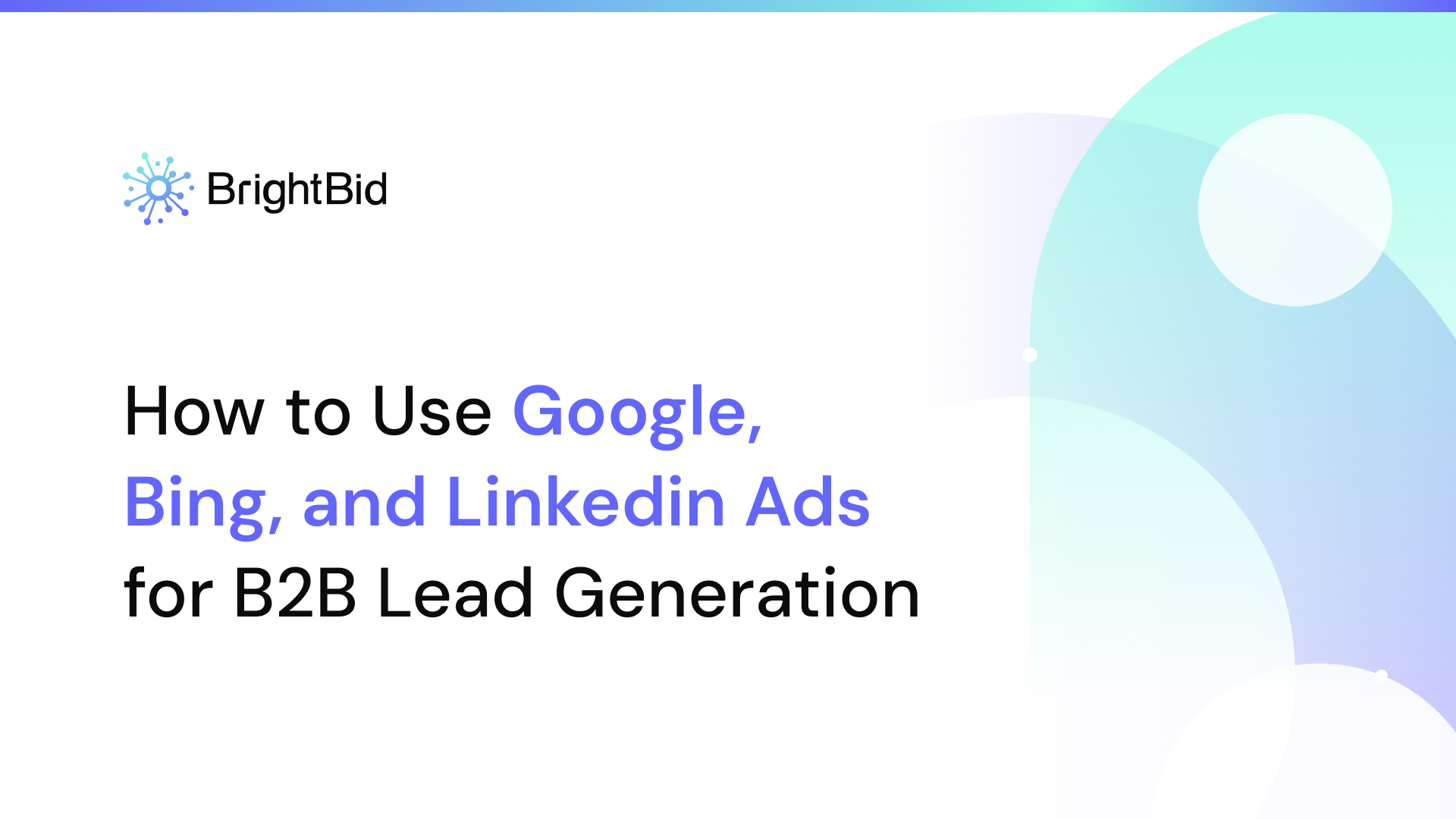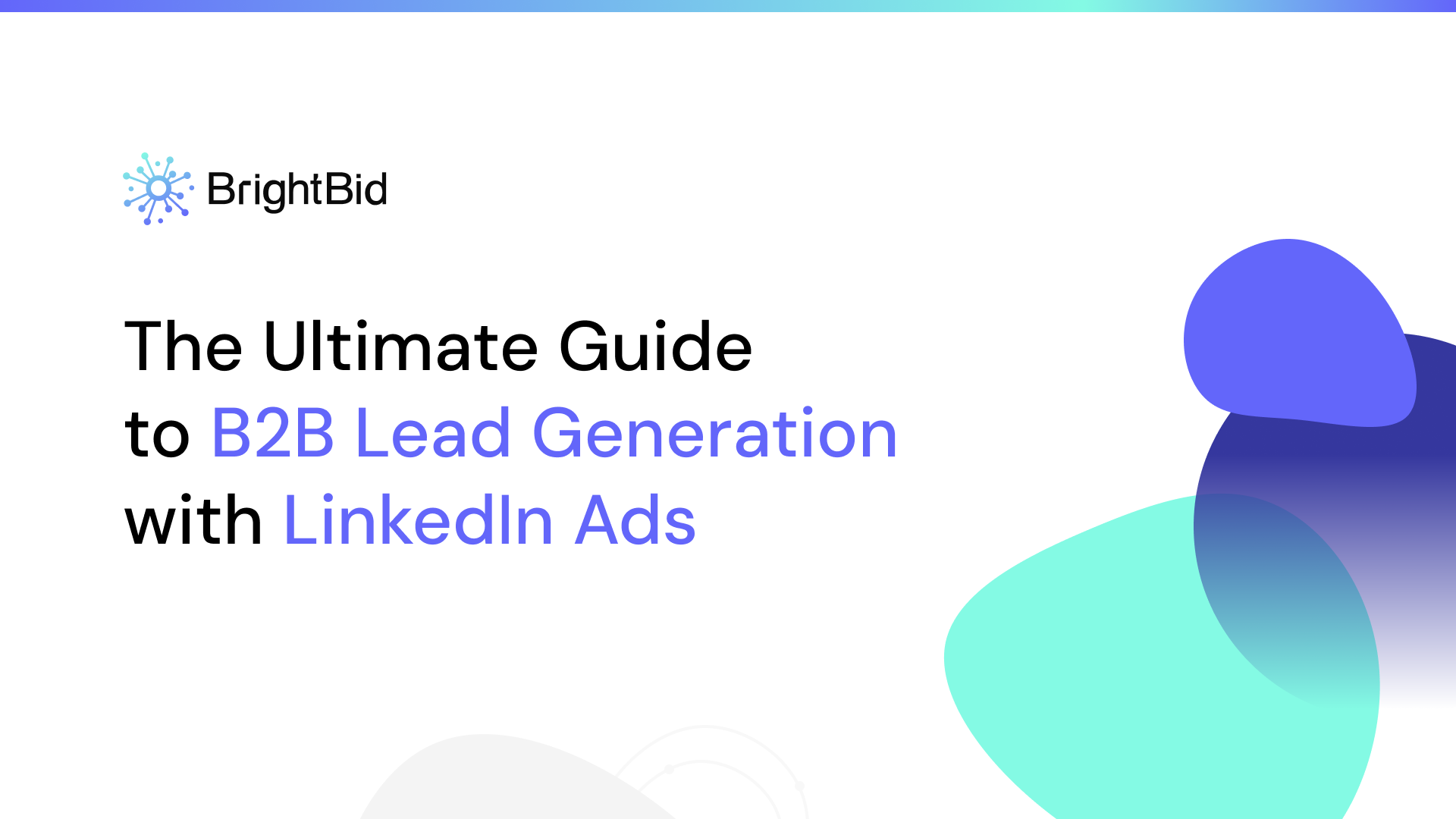The answer is not a simple yes or no. Using competitor brand keywords in Google Ads is a bold tactic that can drive traffic to your site, but it also comes with ethical dilemmas and legal risks. While Google allows advertisers to bid on competitor brand names as keywords, there are important rules to follow and smarter alternatives to consider.
Before diving into bidding wars, let’s explore the nuances of this strategy, how to navigate potential pitfalls, and how tools like BrightBid’s Infringement Detector can help safeguard your brand.
Table of Contents
Get the Most Out Of Your Google Ads
The Basics of Competitor Keyword Bidding
Competitor keyword bidding involves targeting branded terms associated with rival businesses. For example, if you’re a SaaS company, you might target terms like “Slack alternative” or “Better than Zoom.”
Why Businesses Do It:
- To Boost Visibility: Appearing in competitor-related searches helps you introduce your brand to an audience already interested in similar solutions.
- To Capture High-Intent Traffic: Users searching for specific brand names are likely closer to making a purchase decision.
- To Level the Playing Field: If competitors are bidding on your brand, bidding on theirs may feel like a necessary countermeasure.
Risks Involved:
- High Costs: Competitor keywords often come with higher CPCs because they lack direct relevance to your brand.
- Lower Ad Quality Scores: Since your brand isn’t directly tied to the keyword, Google may assign lower quality scores, increasing costs further.
- Reputational and Legal Issues: Missteps in ad copy or targeting can lead to trademark infringement complaints or damage your brand’s reputation.
Legal Considerations and Google Policies
Google permits bidding on competitor keywords but prohibits using trademarked terms in your ad copy unless you have explicit permission. Misleading or deceptive ads that confuse users about the advertiser’s identity can lead to ad disapprovals or legal complaints.
What to Avoid:
- Trademark Violations: Never include a competitor’s trademarked name in your ad text.
- Dynamic Keyword Insertion Risks: This feature can unintentionally place competitor brand names into your ads, leading to potential violations.
Why You Should Think Twice About Competitor Keyword Bidding
While targeting competitor keywords can work in some cases, it’s rarely the most cost-effective or sustainable strategy. Key challenges include:
- Escalating Costs: Competitor bidding often leads to bidding wars, draining budgets quickly.
- Low Conversion Rates: Users searching for specific brands may already have a strong loyalty to those brands.
- Retaliation: Competitors may start bidding on your brand, creating a costly loop of counterproductive competition.
Smarter Alternatives to Competitor Bidding
Instead of relying on competitor keyword bidding, consider these strategies:
1. Bid on Generic Terms
Focus on non-branded, high-intent keywords related to your products or services. For example, instead of targeting “Slack,” bid on terms like “team communication tools” or “collaboration software.”
2. Target Seasonal Keywords
Leverage seasonal keywords to capture traffic spikes. For example, during Black Friday or the holiday season, bid on terms like “best software deals” or “holiday marketing tools” to attract users in a buying mindset.
3. Target Long-Tail Keywords
Bid on phrases like “[Competitor Brand] alternatives” or “[Competitor Brand] vs [Your Brand]” to reach users comparing options.
4. Target Long-Tail Keywords
Bid on terms like “[Competitor Brand] alternatives” or “[Competitor Brand] vs [Your Brand]” to capture users actively comparing options.
5. Invest in SEO
The combination of SEO and paid search is something that no successful brand can sustain without today. Create high-quality comparison content that ranks organically for competitor-related searches. Pages like “Top 5 Alternatives to [Competitor]” can attract traffic without the high cost per click of paid ads.
6. Optimize Your Funnels
Ensure your landing pages and ad copy clearly highlight your unique value proposition. Users searching for competitors need compelling reasons to consider switching to your brand. To ensure profitability, continuously track your Google Ads ROS (Return on Spend) when bidding on competitive terms, as high CPCs can quickly diminish returns.”
7. Use Tools Like BrightBid’s Infringement Detector
If competitors are targeting your brand terms, BrightBid’s Infringement Detector can help protect your reputation.
Protecting Your Brand with BrightBid’s Infringement Detector
Competitor bidding becomes especially frustrating when others target your brand unfairly. BrightBid’s Infringement Detector offers a proactive solution to safeguard your reputation:
- Automated Monitoring: Continuously scans Google Ads for unauthorized use of your brand terms.
- Infringement Alerts: Provides real-time notifications of potential violations.
- Effortless Reporting: Allows you to generate and submit formal complaints to Google, streamlining the resolution process.
By leveraging tools like these, you can maintain control over your branded search traffic and focus on delivering value to your audience.
Conclusion
Bidding on competitor brand keywords in Google Ads is a tempting strategy, but it’s fraught with challenges and potential risks. While Google allows it, ethical considerations and legal restrictions make it a tactic that requires careful thought and execution.
Rather than engaging in costly bidding wars, explore smarter, more sustainable alternatives like targeting generic terms, focusing on SEO, and creating compelling comparison content. And if competitors target your brand, tools like BrightBid’s Infringement Detector can help you defend your position effectively.
In the end, a balanced approach that respects your competitors, prioritizes user experience and adheres to legal guidelines will deliver better long-term results.



 ” />
” />

 ” />
” />
